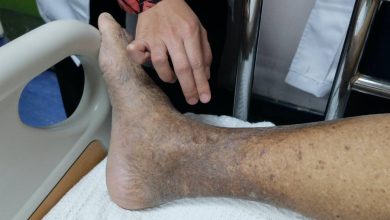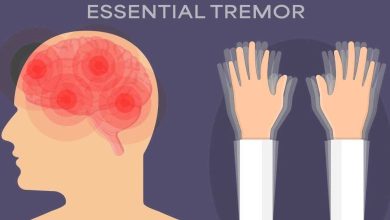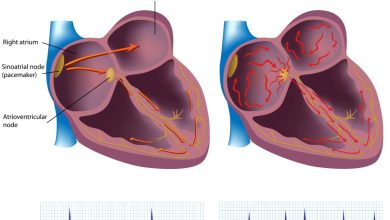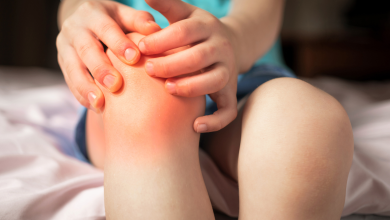Binge Eating Disorder Causes, Symptoms, Diangosis and Treatment

What is Binge Eating Disorder?
Binge eating disorder is defined as compulsive overeating, in which people tend to consume huge amount of food while plagued with the inability to stop.
Symptoms of binge eating disorder generally occur in late adolescence and early adulthood. Usually lasting two hours, a binge eating episode may go activate and deactivate all day long.
It is marked by eating even when one is sated. Affected individual may eat at an extremely fast pace while barely registering what they are eating. Unlike bulimia, there are no attempts to counter the binges via purging or fasting.
It is generally accompanied by feeling of disgust, weakness and self-loathing. Although very common in adults, binge eating disorder does not receive the same media coverage as anorexia nervosa and bulimia.
A serious disorder, binge eating disorder is treatable. With proper exercise and sleep, it can be managed.
Causes of Binge Eating Disorder:
A number of factors combined may lead to the development of binge eating disorder. These factors include:
- Environmental factors
Experiencing trauma has been linked to development of binge eating disorder
Binge eating disorder has been linked to physical abuse, perceived risk of physical abuse, stress, and body criticism - Biological factors
Inability of hypothalamus to send correct messages about hunger and fullness
Low levels of brain chemical serotonin
Genetic mutation which may cause food addiction
Heritability - Social and cultural factors
Social pressure to be thin may trigger emotional binge eating
Parents may use food as a reward which may lead to food addiction in the children - Psychological factors
Depression, low self-esteem, loneliness and body dissatisfaction is linked to binge eating
Symptoms of Binge Eating Disorder:
The following symptoms are exhibited:
- Inability to stop eating or control what and how much is consumed
- Rapidly eating large amounts of food
- Eating even when full
- Hiding or stockpiling food to eat later in secret
- Eating normally around others, but gorging when alone
- Eating continuously throughout the day, with no planned mealtimes
- Feeling stress or tension that is only relieved by eating
- Embarrassment over binge eating
- Feeling numb while bingeing
- Never feeling satisfied, no matter how much food is consumed
- Feeling guilty, disgusted, or depressed after overeating
- Desperation to control weight and eating habits
- Weight gain
Diagnosis of Binge Eating Disorder:
Binge eating disorder may be diagnosed via:
- Psychological evaluation
- A physical exam
- Blood and urine tests
- A sleep disorder center consultation
In order to be diagnosed, the following criteria must be met:
- Recurrent episodes of eating an abnormally large amount of food
- Binge eating at least once a week for at least three months
- Binge eating that’s not associated with purging, such as self-induced vomiting, or other compensating behaviors to lose weight, such as excessive exercise or laxative use
Treatment for Binge Eating Disorder:
The following treatment options are available:
- Therapy
Cognitive-behavioral therapy
Interpersonal psychotherapy
Dialectical behavioral therapy - Medications
Topamax
Antidepressants
By : Natural Health News




